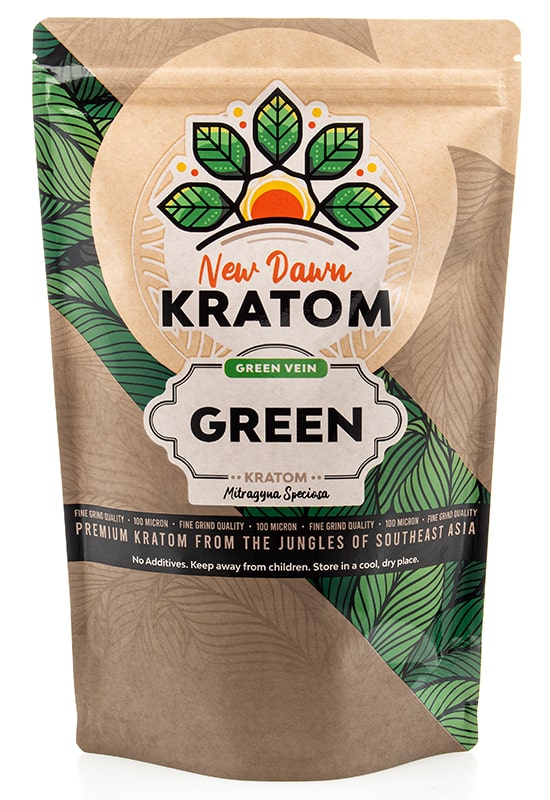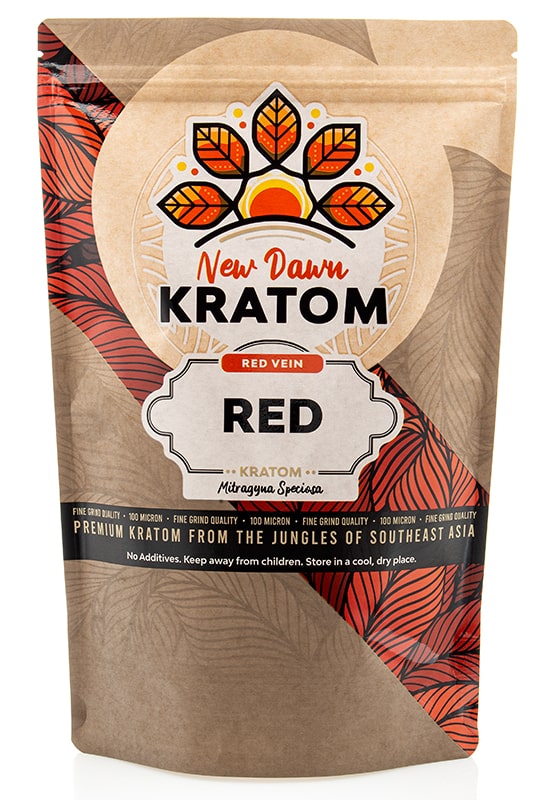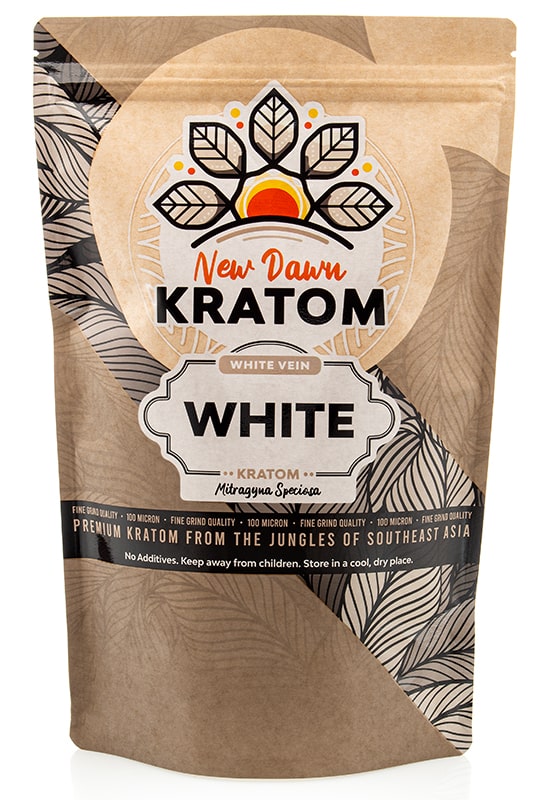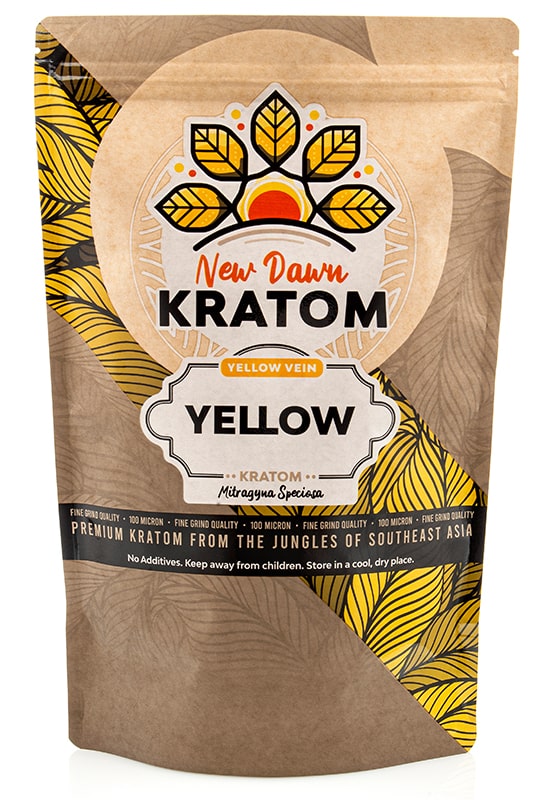With kratom’s potential to provide positive effects, it has been one of the sought-after herbal products in the United States in recent years. Originating from Southeast Asia, kratom or Mitragyna Speciosa features various strains and color varieties, each with distinct characteristics and unique effects.
However, despite its growing popularity for its potential benefits, kratom also has its fair share of risks, which also explains why its legal landscape remains dynamic, complicated, and constantly changing in the US. As kratom becomes a subject of ongoing controversy and debates surrounding its safety and risks of abuse, many jurisdictions have adopted regulations such as putting in a minimum legal age to buy kratom products.
Currently, no minimum legal age to buy kratom is implemented on the federal level; however, in 2024, a bill piqued the interest and attention of Congress, and the possibility of regulated minimum age restrictions may be put in place federally in the near future. In the meantime, 13 individual states have taken their own actions to put in a minimum legal age to buy kratom.
This article further discusses in detail the minimum age restrictions of these few states that have enacted and adopted laws to regulate kratom’s sale to protect minors. Moreover, we’ll also look into the risks and side effects of consuming kratom and why you must always stay cautious of the dose you’re taking if you meet the age requirements in your jurisdiction.
Kratom Regulation – Legal Kratom Age Restrictions
Because kratom is not banned or regulated at the federal level, cities and states in the United States have the right to establish, enact, and implement their own laws as they wish. While attempts were made to prohibit the use, sale, and distribution of kratom, it remains legal in many states; other states have set regulations, including age restrictions, putting in a minimum legal age to buy kratom.
Kratom Consumer Protection Act
The Kratom Consumer Protection Act is a legislative approach that highlights the importance of keeping consumers safe with regard to the kratom products they purchase. This is a compromise in contrast to completely prohibiting it, giving users and enthusiasts alike the liberty to use kratom, but with protections, especially to at-risk or undereducated groups.
The main aspects of the KCPA include setting a minimum legal age to buy kratom, helping to ensure kratom products are authentic and uncontaminated, only allowing certain alkaloid concentrations, and, to some extent, requiring kratom vendors in some states to obtain a license to sell related products.
Below is a summary of the 12 states with their versions of KCPA in place, together with the year they took effect, age restrictions, and penalties for disobedience.
| U.S. State | Specific Law | Year Enacted | Age Restriction | Penalty of Disobedience |
|---|---|---|---|---|
| Arizona | House Bill 2561 | 2019 | Under 18 years old | Not more than $500 for the first offense Not more than $1000 for the subsequent offense |
| Georgia | House Bill 551 | 2019 | Under 18 years old | Guilty of a misdemeanor |
| Nevada | Assembly Bill 303 | 2019 | Under 18 years old | Not more than $1000 for each violation |
| Utah | Senate Bill 58 | 2019 | Under 18 years old | Class C Misdemeanor |
| Oregon | House Bill 2646 | 2021 | Under 21 years old | 30 years of imprisonment or $1250 fine |
| Oklahoma | House Bill 1784 | 2021 | Under 18 years old | Not more than $500 for the first offense Not more than $1000 for the subsequent offense |
| Colorado | Senate Bill 22-120 | 2022 | Under 21 years old | $200 fine |
| Florida | House Bill 179 | 2023 | Under 21 years old | Not more than $500 for the first offense Not more than $1000 for the subsequent offense |
| Missouri | Senate Bill 774 | 2022 | Under 18 years old | Class D Misdemeanour and civil action |
| Kentucky | House Bill 293 | 2024 | Under 21 years old | With penalty but not specified |
| Virginia | Senate Bill 1108 | 2023 | Under 21 years old | Not specified |
| West Virginia | Senate Bill 220 | 2023 | Under 18 years old | Not more than $1000 for the first offense Not more than $10000 for the subsequent offense |
Illinois, despite not adopting the Kratom Consumer Protection Act, also has a bill in place setting age restrictions on those who can purchase and use kratom. House Bill 5526, also known as the Illinois Kratom Control Act, passed in 2014, prohibits kratom sale to individuals below 18, and those who disobey will incur a fine of not less than $500. So technically, even though Illinois does not have an actual KCPA, they are the 13th state to have imposed age restrictions and actually the first to do so.
What About the Legal Age to Buy Kratom in Other States?
Without age restrictions in other U.S. states, how can we ensure that they are also protecting the safety of the individuals who purchase and consume kratom? Here’s the thing: even though kratom is technically legal for everyone in such states as Ohio, Nebraska, and South Carolina, most sellers know better than to sell their products to minors. As kratom sellers and vendors, they should know that kratom should only be reserved for adults. However, this is not to say there are still no bad actors who won’t act on moral grounds in these cases.
The good news is that more KCPA bills with a minimum legal age to buy kratom are being proposed in unregulated states, and we may certainly see future developments and new regulatory bills take fruition in the future, both at the state level and (hopefully) federally.
Kratom’s Common Risks and Adverse Effects
Individuals taking kratom must also know that it does come with risks. Kratom may have a range of harmful side effects, especially when taken in higher doses and when mixing kratom with other substances. Some of the most common adverse effects may include nausea, headache, constipation, other stomach issues, blood pressure changes, fatigue, and sudden mood changes.
More importantly, always remember that you may experience much more serious and adverse effects, especially if mixing kratom with medications or drugs and in those who have health conditions. For these reasons, it is always recommended to discuss kratom with your doctor prior to using any product containing kratom or its primary alkaloids, mitragynine and 7-hydroxymitragynine.
Besides these adverse effects, kratom may also be habit-forming, increasing the risk of developing tolerance, possible withdrawal, and abuse with continued use in higher doses. The key is to discuss kratom with your doctor, listen to your body, and avoid daily use with breaks in between. It’s also strongly discouraged to mix kratom with other supplements, including medications, over-the-counter drugs, and other substances, because these may increase the risks of both common and severe side effects.
Finally, if you have an underlying condition or it’s your first time taking kratom, always consult your physician first. Proper communication with a doctor helps ensure you are properly educated, possibly minimizing or avoiding any unnecessary risks.








